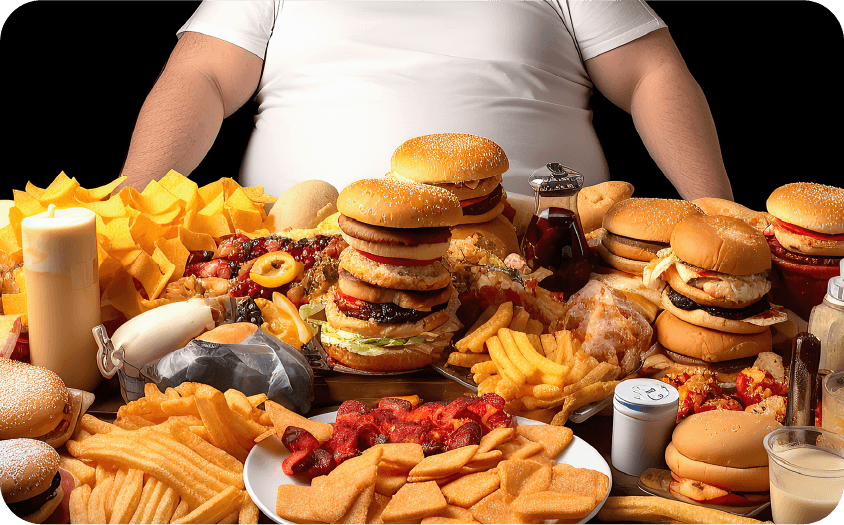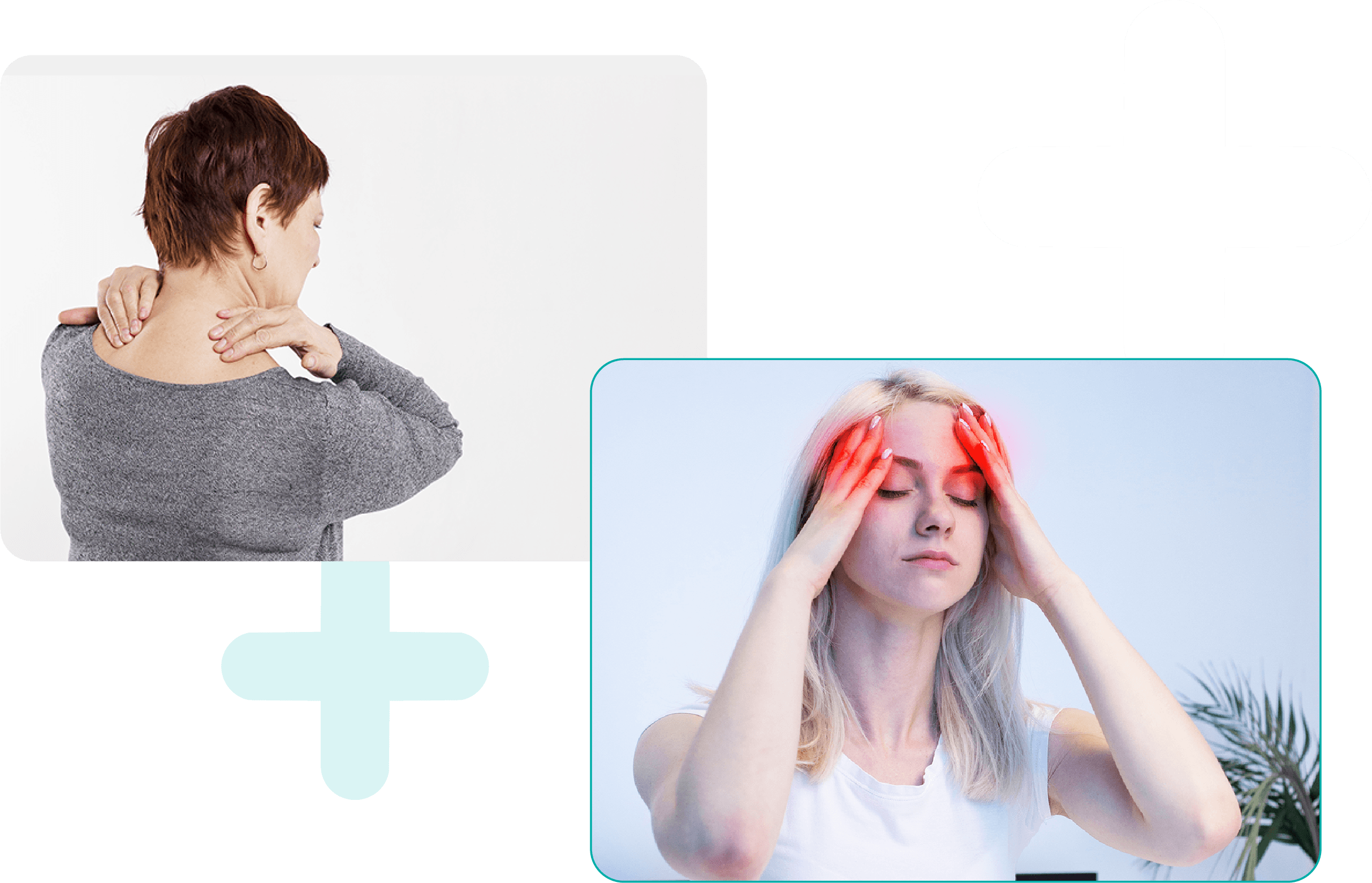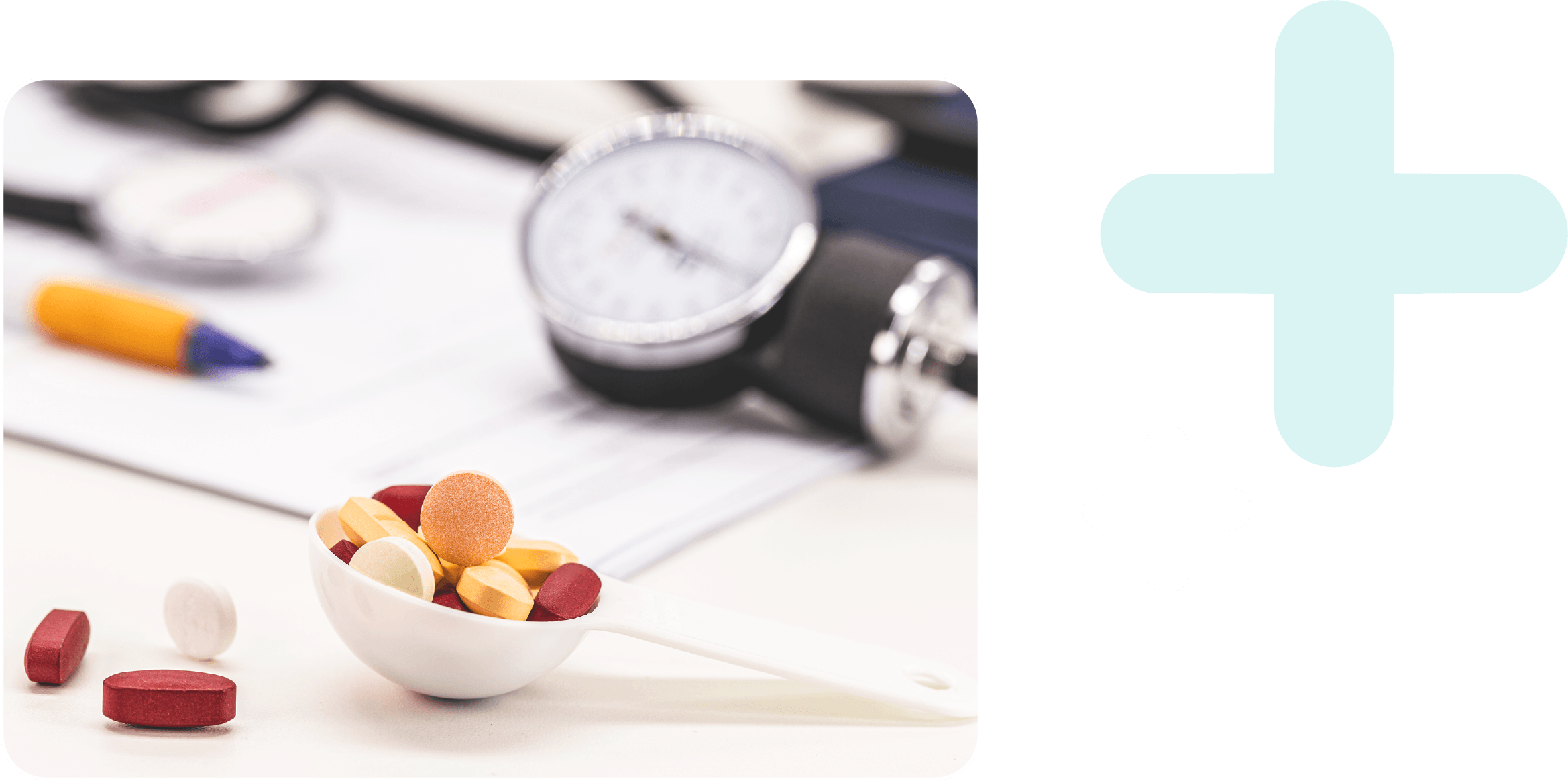Health Information

About blood pressure
What is high blood pressure?
High blood pressure is a health condition when your blood pressure is greater than or equal to 140/90mmHg.
| Blood pressure category | Systolic blood pressure (mmHg) |
Diastolic blood pressure (mmHg) |
|
|---|---|---|---|
| Ideal | Below 120 | and | Below 80 |
| Normal blood pressure value | 120-129 | or | 80-84 |
| Normal systolic pressure | 130-139 | or | 85-89 |
| Mild hypertension | 140-159 | or | 90-99 |
| Morderate hypertension | 160-180 | or | 100-109 |
| Severe hypertension | Above 180 | or | Above 110 |
What are the symptoms of high blood pressure?

High blood pressure is sometimes called the "silent-killer" because it usually has no warnings or symptoms. However, if your blood pressure is extremely high, you may experience the following symptoms:
What are the risk factors causing high blood pressure?






What are the health complications associated with high blood pressure?
Prolonged high blood pressure tend to damage the wall of our blood vessels, causing them to become harden and lose their elasticity. This in turn decreases the flow of blood to our heart, contributing to the dead of heart muscle cells due to lack of oxygen supply, which eventually results in the development of heart attack.
In addition, excessive blood pressure can also lead to the rupture of blood vessels that supply blood and oxygen to our brain, leading to stroke.
Due to poor blood circulation caused by the damage of blood vessels, our heart needs to work harder to pump blood to the rest of the body. In long term, this can result in the weakening of heart muscle, which increases the risk of developing heart failure.
What are the lifestyle modification tips to help reduce the risk of high blood pressure?
What is low blood pressure?
Low blood pressure is a condition when your blood pressure reading is less than 90/60 mmHg.
What are the symptoms of low blood pressure?

What causes low blood pressure?

Is low blood pressure a cause of concern?
Unlike high blood pressure, low blood pressure should not immediately be a cause for concern unless it is accompanied by symptoms. Its diagnosis is heavily dependent on the presentation of known low blood pressure symptoms. Doctors generally regard low blood pressure readings as normal. This is because different people can have blood pressure readings some way lower than others and yet be healthy, hence no treatment may be necessary at this stage.
How crucial is blood pressure monitoring at home?
Blood pressure monitoring at home has been shown to help doctors manage high blood pressure in patients much more easily with very effective results. Moreover, it can also help to cope with a common problem of white coat syndrome, in which your blood pressure raised due to the stress and fear of being in the doctor's clinic.

Jan 14,2025
